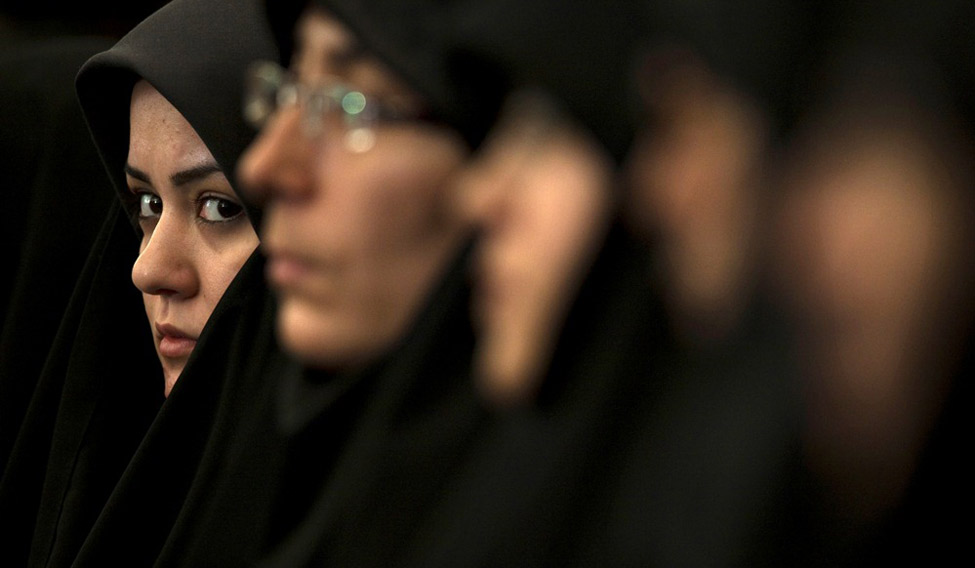On November 23, 1948, when the constituent assembly met at 10am in the Constitution Hall, New Delhi, it had on its agenda a particularly prickly subject to discuss. It had to decide on a uniform civil code for the country as a future endeavour for the state to undertake.
On the anvil was a legal proposal, which reflected the aspiration that the newly independent India should, at some time, as would befit a modern democratic republic, have common civil laws, include in its ambit the personal domain of people.
However, on expected lines, a heated debate ensued, with various members of the assembly questioning the need for a uniform civil code on the grounds that it would amount to interference in religion and the way of life of people.
One such member, Mohamad Ismail Sahib, from Madras, objected to UCC, saying, “Now, the right to follow personal law is part of the way of life of those people who are following such laws; it is part of their religion and their culture. If anything is done affecting the personal laws, it will be tantamount to interference with the way of life of those people who have been observing these laws for generations and ages.”
After much debate, the assembly agreed that UCC be included under directive principles for the state to endeavour to put in place at a future date, in keeping with the changing aspirations and sensibilities of the citizens. “The state shall endeavour to secure for the citizens a uniform civil code throughout the territory of India,” read Article 44 of the Constitution.
In 1985, the Supreme Court reminded the government about Article 44 as it heard the Shah Bano case. Muslim personal laws were debated as being unfair to women as the court dealt with the issue of maintenance for Muslim women who were divorced. Three decades later, UCC has hogged the headlines yet again, and the context once again the apex court's judgment on an element of Muslim personal law.
Even as the court was hearing the triple talaq matter, and in the process, reminding the government about UCC, the law commission was asked to prepare a report on common civil code. As the triple talaq judgment was pronounced, a debate has once again started on whether, taking off from the court order, a movement should be made towards putting in place common laws for all citizens covering the areas of marriage, divorce, maintenance, inheritance and adoption, which so far have been in the domain of distinct personal laws for different religions.
Soon after the court judgment was pronounced, BJP leader Subramanian Swamy said the next step of the government should be to bring in UCC. A common civil code was part of the BJP's manifesto for the Lok Sabha elections. Critics of the saffron party see this as part of the 'Hindutva agenda' as prescribed by the RSS. It is also pointed out that for the BJP, it is an electoral expediency, since the party had vociferously raised the issue of the need for gender parity in personal laws for Muslim women in the assembly elections in UP.
The Muslim community, the largest minority group in the country, has always seen UCC moves with suspicion. The fear is that it would become a tool for the majority to impose its life values on the minorities.
Mahmood Madani of the Jamiat-Ulama-i-Hind emphasised that the Constitution protects the religious rights of the citizens, and a common civil code must ensure that the religious freedom of people is not affected. “At present, no blueprint or draft of a uniform civil code is ready. If the government prepares a draft that is acceptable to all, then we will have no issues in accepting it,” he said.
However, Madani added that UCC should not be seen in the light of the court's judgment on Triple Talaq. “The judgment does not say anything about UCC,” he said.
Muslim women's organisations too, while they rejoice the triple talaq judgment, have their misgivings with regard to UCC.
“UCC should not become a means to impose the Hindu code on other communities. Will Hindus be all right if aspects of Muslim law become part of the UCC?” asked Noorjehan Safia Niaz of Bharatiya Muslim Mahila Andolan.
Whether the country is ready for UCC is also an issue. While UCC is a constitutionally prescribed aim, the diversity of religious beliefs continues to be an impediment. “Whether India can have a UCC or not would depend on how deeply entrenched beliefs and customary practices of the various religions are,” said Lalit Bhasin, senior Supreme Court advocate.
While Bhasin believes bringing in UCC is an extremely difficult task because of the diversity of religious beliefs and practices, Annie Raja of National Federation of Indian Women said she doubted whether the Narendra Modi government was sincere about bringing in UCC.
“UCC will entail reform of Hindu personal laws too. Is the Modi government ready for that? I feel UCC will end up as an election slogan in the run up to the Lok Sabha elections in 2019,” Raja said.
It is indeed a long way before UCC becomes a reality.





